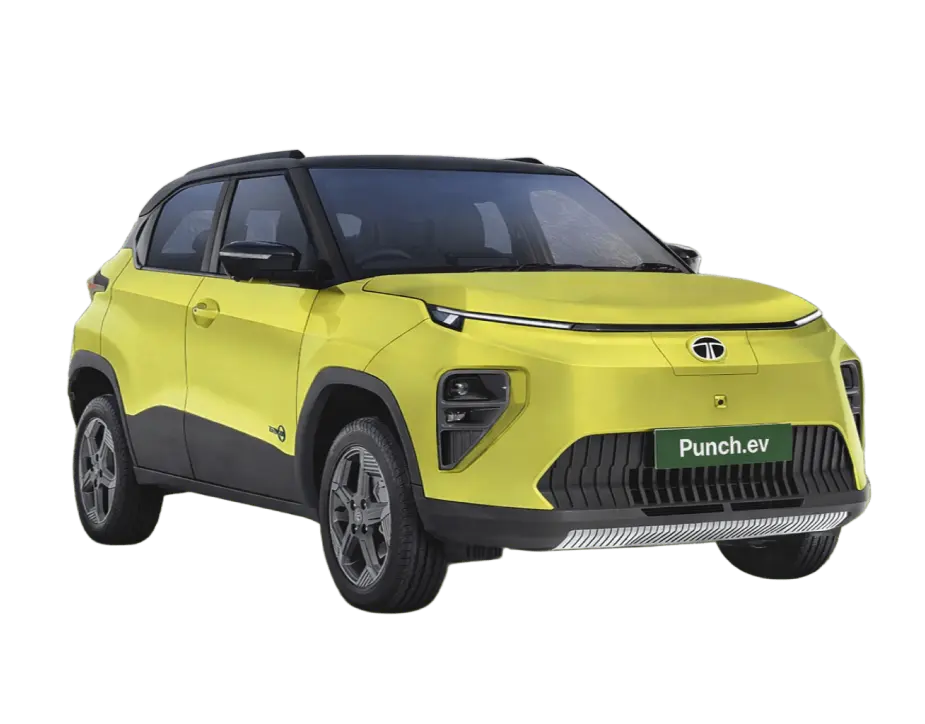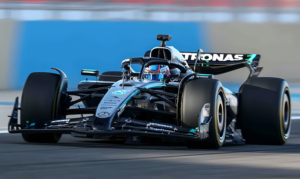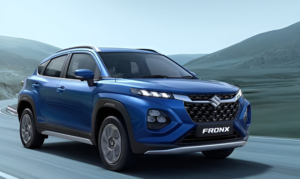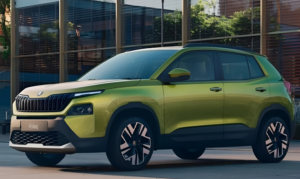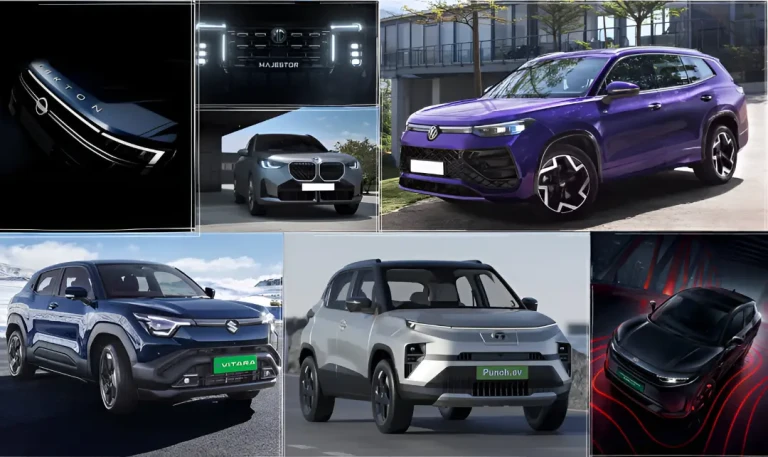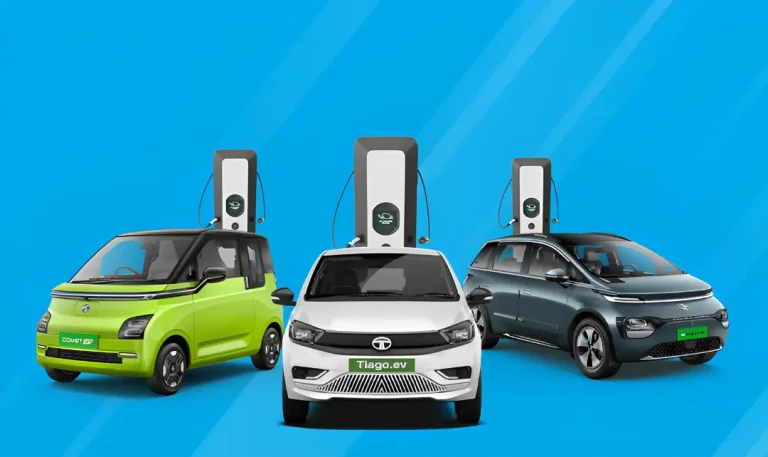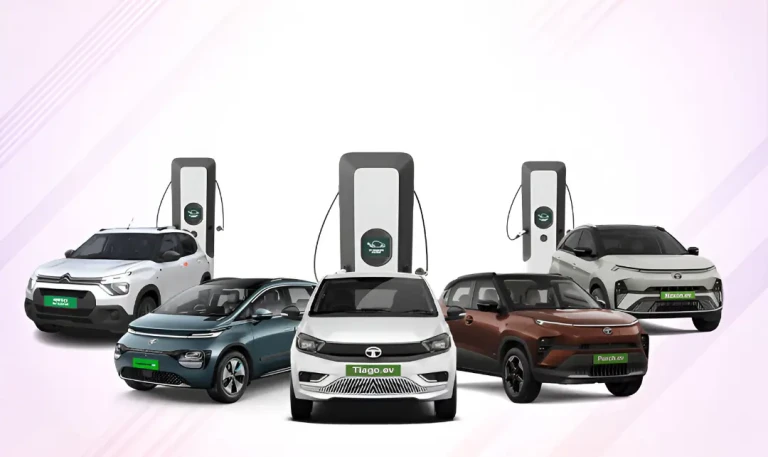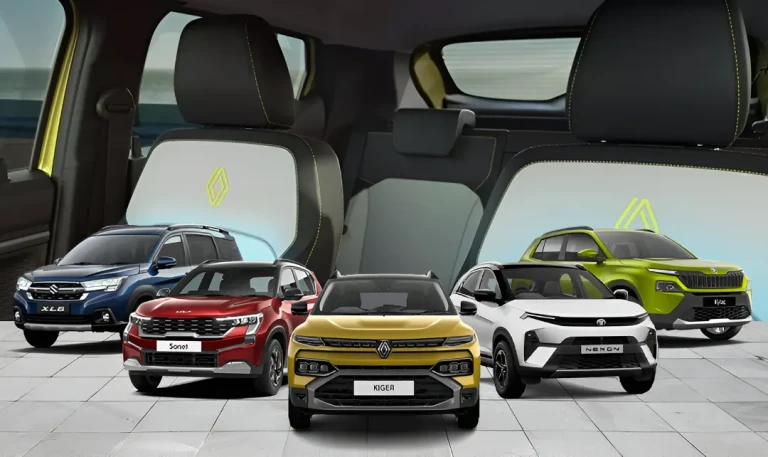India EV Policy Cuts Import Duty to 15%, Revives Local Production
- Import duty cuts and investment rules.
- How local EV manufacturing will get a fresh lease of life.
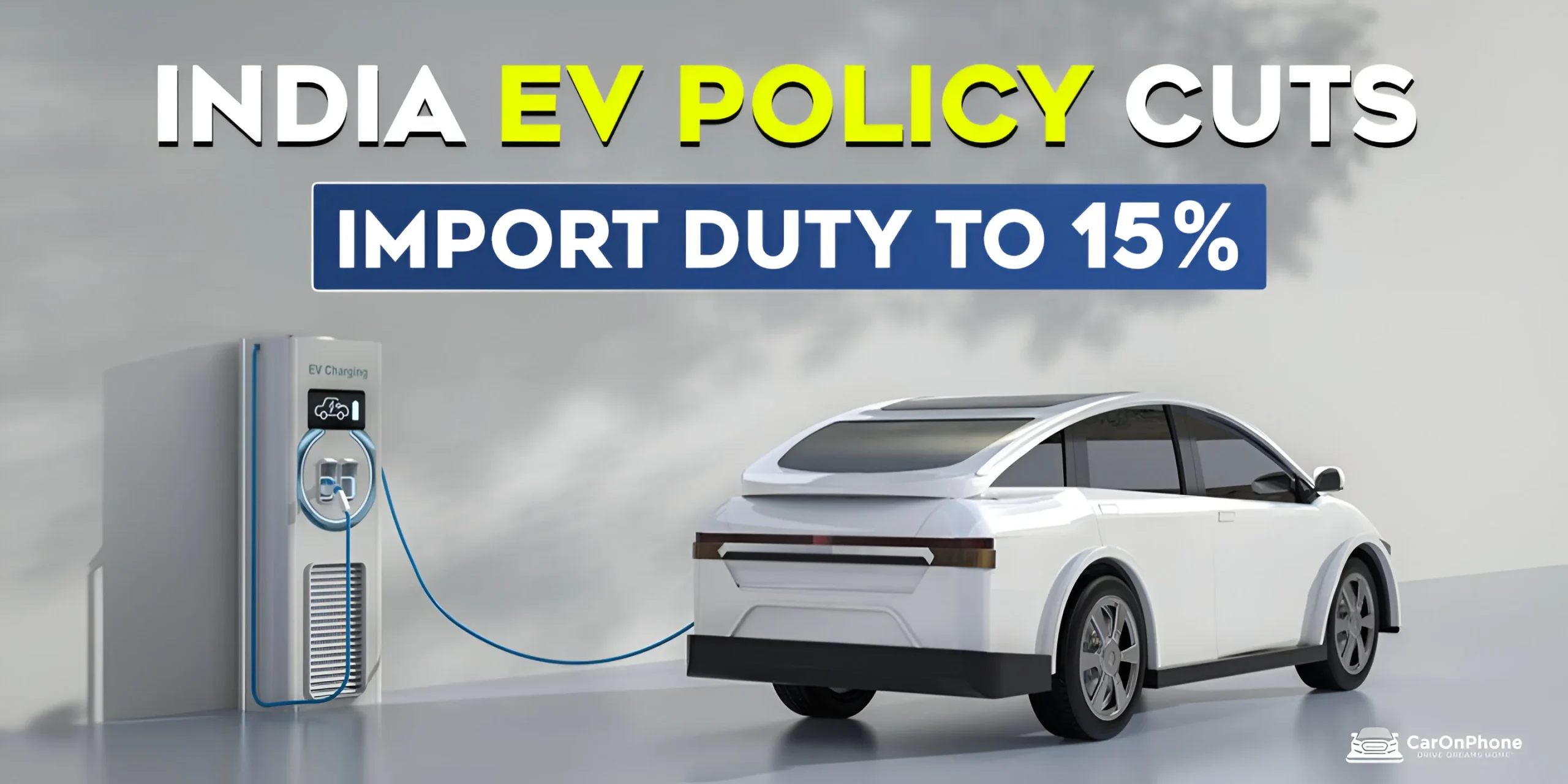
The India EV policy 2025 shakes up the auto sector by slashing import duty on high-end electric cars to a competitive 15%. It’s a bold move to revive local supply chains and boost electric vehicle manufacturing at scale.
The EV import duty cut comes with a mandate to invest $500 million (approx. 4,370 crores) in India over three years. Carmakers now have a clear framework to balance imports with domestic production targets.
Catch the latest launches and updates on CarOnPhone!What does the India EV policy 2025 mean for automakers?
The new scheme to promote manufacturing of electric passenger cars in India slashes customs duty on CBUs of electric cars priced above USD 35,000 (approx. 3.5 lakhs) from 110% to just 15% for five years.
Eligible manufacturers must commit around Rs 4,370 crore (about USD 500 million) to local capacity within three years. They can import up to 8,000 premium EVs annually at the concessional rate, with any unused quota carrying forward. Total duty foregone is capped at the lower end or actual investment made.
How will the EV import duty cut revive local production?
By bridging EV import duty cuts to major local investment, this policy encourages automakers to establish plants and partnerships with Indian suppliers.
Participants must then meet turnover targets. These is Rs 2,500 crore by year two, Rs 5,000 crore by year four, and Rs 7,500 crore by year five. They must next hit localization milestones, which is 25% domestic value addition by year three and 50% by year five.
This strategy promises more jobs in assembly, parts making, and R&D, thereby creating a clear growth path for electric vehicle manufacturing across India.
Who benefits and what is the Tesla India impact?
Global brands like Volkswagen, Mercedes-Benz, Kia, and Hyundai have already shown interest in the scheme. They too seem to be pursuing a balance between lower levies and growing local footprints.
However, Tesla India impact remains limited in its first phase. Tesla aim to enter in 2025 via imports and has no local plant on the table. So its models will face the standard 110% tariff upon launch. If or when Tesla opts into the policy and invests domestically, its prices could become more competitive.
What’s next for electric vehicle manufacturing in India?
The Ministry of Heavy Industries has decided to launch an online portal for applications. This is by mid-2025, with approval letters going out soon after.
Once automakers clear any remaining technical checks and commit to select investments, they can then begin importing at the reduced rate and fast-track local plant construction.
In the long run, this approach can diversify India’s EV ecosystem. It can further spark technology transfer and reduce sticker prices for car buyers. The India EV policy 2025 essentially sets the stage for a thriving, homegrown EV future.
Why did India cut import duty and what are the bigger goals?
It doesn’t stop with cutting costs for consumers. This policy complements India’s net-zero by 2070 pledge. It also reinforces Make in India and Aatmanirbhar Bharat ambitions.
By capping concessional imports at 8,000 units a year and limiting duty foregone to Rs 6,484 crore, the government can successfully balance short-term affordability with long-term industrial growth.
The scheme is thus crafted to attract latest EV technology from global leaders while still protecting domestic players. The policy can also foster a reliable and sustainable EV supply chain in India.
Tags:
CarOnPhone is your one-stop destination to see all upcoming cars, latest cars, released cars, and EV Cars, and compare Cars in all Car Brands. Stay tuned and follow us to update yourself on the automotive world.

